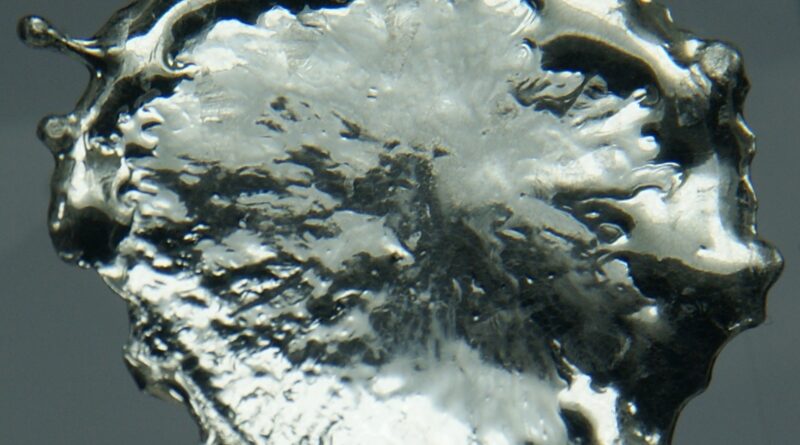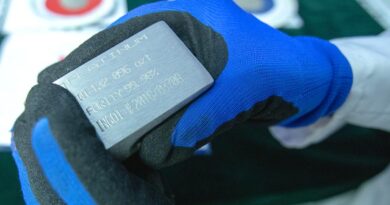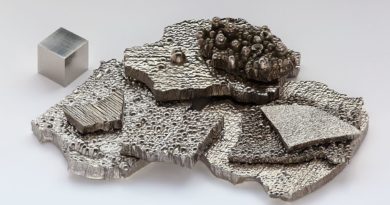Tin anodes for sodium-ion batteries may be a game changer
In a groundbreaking development, the latest research on tin anodes for sodium-ion batteries presented at the recent International Tin Conference in Malaysia highlights a promising new application for tin in the rapidly advancing battery technology sector.
Leading experts from UNIGRID and Nanode Battery Technologies showcased significant advancements that could position tin as a key component in next-generation sodium-ion batteries (SIBs), offering a compelling alternative to lithium-ion batteries (LIBs).
Dr Darren Tan from US startup UNIGRID presented a comprehensive analysis of their work on tin anodes, underscoring potential to revolutionise sodium-ion battery performance. The research indicates that tin anodes exhibit high specific capacity, excellent recyclability, and superior conductivity compared to conventional hard carbon anodes. Specifically, batteries made with tin can be much smaller, which is crucial for many applications.
Bing Cao, CEO of a second US startup Nanode Battery Technologies, detailed the advancements in rapid charging tin anodes for SIBs. The innovative tin alloy anodes developed by Nanode demonstrate exceptional fast-charging properties, achieving a remarkable 94% capacity retention after six minute extreme fast charging and discharging cycles. This breakthrough addresses one of the critical limitations of current battery technologies, paving the way for faster, more efficient energy storage solutions.
Sodium-ion batteries, as highlighted in the presentations, offer several intrinsic advantages over their lithium-ion counterparts. Sodium, as common salt, is vastly more abundant and less expensive than lithium, contributing to reduced material costs and enhanced sustainability. Additionally, SIBs show better performance at low temperatures and much safer usage and transportation profiles.
However, the primary challenge has been the relatively lower energy density of SIBs, especially in relation to entry into the huge electric vehicle sector. More recently performance improvements have enabled them to start competing, and the first electric cars with sodium-ion batteries are going into production.
The conference presentations concluded with a call to action for the tin industry to prepare for this impending demand surge and the topic is already starting to attract attention from tin investors. There is much work to be done before the implications can be fully verified but it seems clear that this emerging development may be a game changer for tin.




